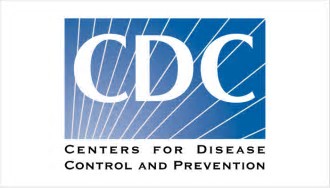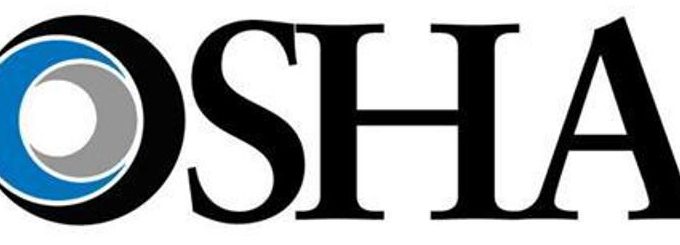The US Occupational Safety and Health Administration (OSHA) has specific requirements for sharps containers in…
April is National Child Abuse Prevention Month – Dental Regulation
 The U.S. Centers for Disease Control and Prevention (CDC) has designated April as “National Child Abuse Prevention Month”. Child abuse and neglect continues to be a huge problem in our country. According to the National Child Abuse and Neglect Data System, from October 2015 through November 2016, there was a nationally estimated 676,000 victims of child abuse and neglect, with 1,750 fatalities. Dentists, in their role as healthcare providers, have a legal and ethical obligation to serve as mandated reporters of child abuse.
The U.S. Centers for Disease Control and Prevention (CDC) has designated April as “National Child Abuse Prevention Month”. Child abuse and neglect continues to be a huge problem in our country. According to the National Child Abuse and Neglect Data System, from October 2015 through November 2016, there was a nationally estimated 676,000 victims of child abuse and neglect, with 1,750 fatalities. Dentists, in their role as healthcare providers, have a legal and ethical obligation to serve as mandated reporters of child abuse.
All states designate health professionals, including licensed dental professionals, as “mandated reporters”. Mandated reporters are legally-bound observers required by law to make a report of reasonably suspected domestic violence or instances of child, elder, or dependent adult abuse or neglect, identified through the course of their profession.
Since 65% of physical child abuse and 75% of physical domestic violence results from injuries to the head, neck, and mouth, dental professionals are often the first to detect abuse. Dental professionals are required to make a report if they provide dental services to a patient whom, in their professional capacity, they suspect is suffering from a physical injury due to assaultive, abusive, or neglectful conduct.
How to Help Stop the Cycle of Abuse
It is important that all dental professionals incorporate domestic abuse screening and assessment into the comprehensive dental examination protocol.
- Signs and Symptoms – The first thing a dentist should do is visually scan the patient for signs and symptoms of abuse during the usual dental exam, looking for physical and behavioral signs, as well as to check the medical history that could suggest domestic violence such as repeat visits and lack of follow-through care.
- Ask Questions – It is best to talk to the patient in a safe, private environment. Let him or her know that you are starting to ask all of your patients about violence because it is prevalent in our society. If abuse is suspected, gently ask the patient simple, nonjudgmental, direct questions. Simply asking about violence, responding with caring and compassion, and being there for the patient can be a powerful intervention. Note that special care must be taken if the patient is a child. In this case, conducting an interview may not be feasible.
- Document Findings (Charting) – Proper documentation of findings related to domestic violence must be done carefully and completely. The patient’s chart can become important court documents. Other information may include statements made by the patient or person accompanying the patient, observable demeanor and behavior, other physical signs/descriptions that may indicate abuse, any referral information if patient referred to another medical provider, and any legal recourse taken. If a mandatory report is necessary, a copy of the mandatory report should be confidential, and kept in the chart.
- Patient Safety Assessment – The dental professional must determine whether immediate action must be taken because the patient is in immediate danger. If this is the case, then emergency assistance, i.e. 911, should be contacted right away.
- Refer and Report – Depending on the age and circumstances of the patient, resources are available to victims of abuse. If appropriate, dental professionals should provide them with information about shelters, counseling, safety planning, medical referrals, and/or advocacy. For domestic violence it is also important to inform the patient of your responsibility to make a report to law enforcement, letting him or her know that the report will be kept confidential and that it cannot be accessed by friends, family, or other third parties without the patient’s consent.
For our OSHA Review Subscribers: The November/December 2014 issue of OSHA Review in Section VIII of your binder covers the Dental Board of California’s mandatory reporting requirements.
Since 1992, OSHA Review, Inc. has provided dental professionals with comprehensive programs to support regulatory compliance and infection control. We are a registered continuing education provider in the state of California, specializing in Dental Practice Act, infection control, and OSHA training


